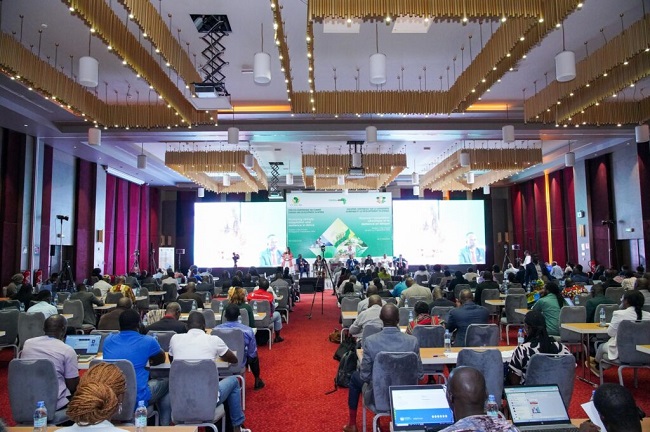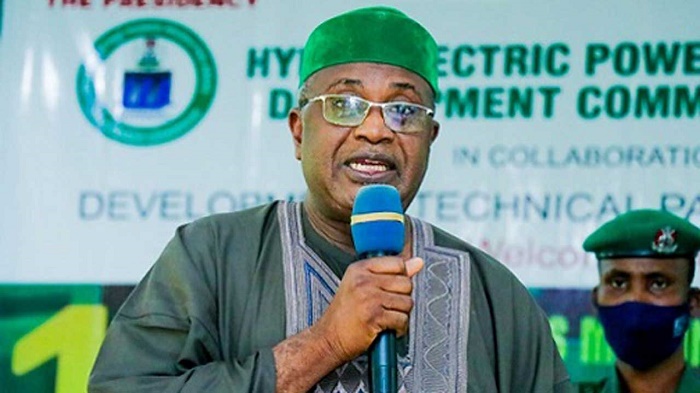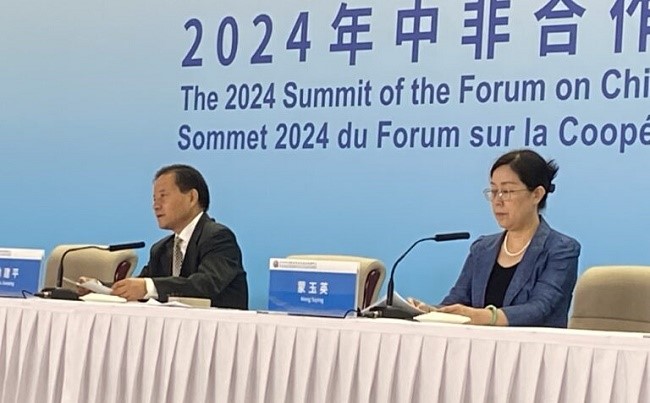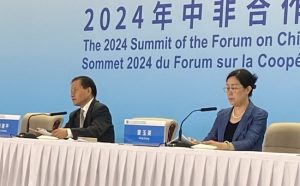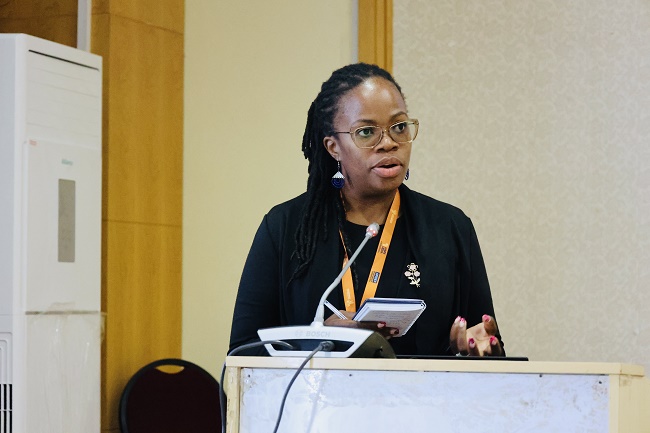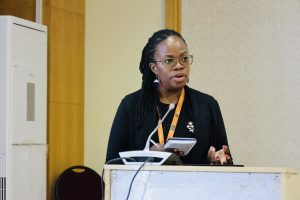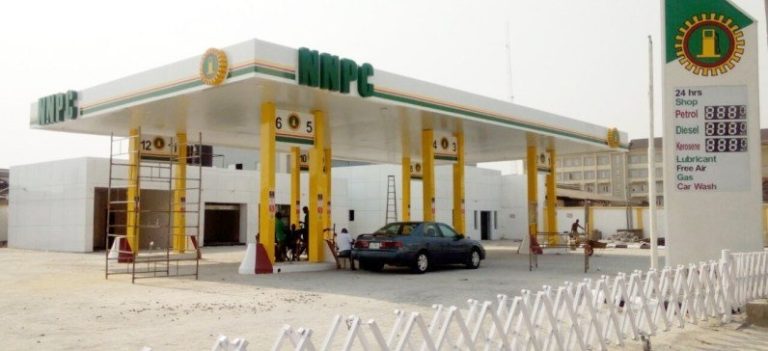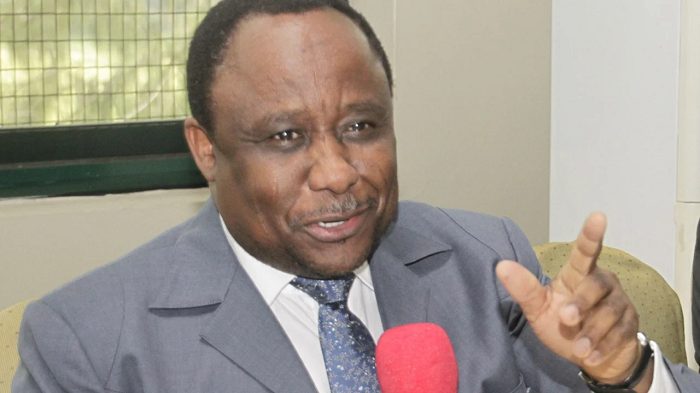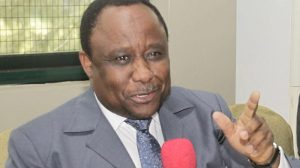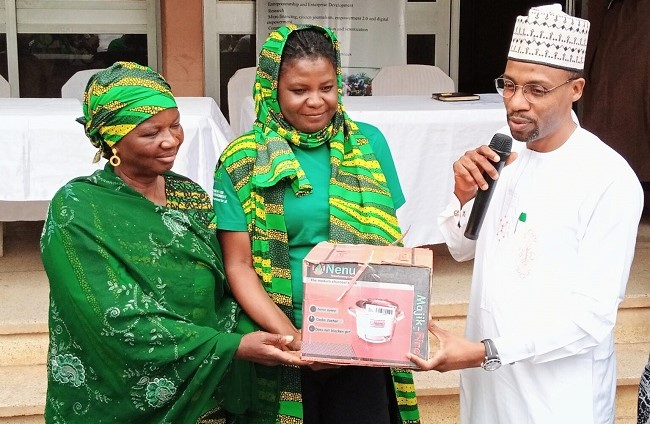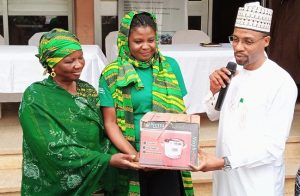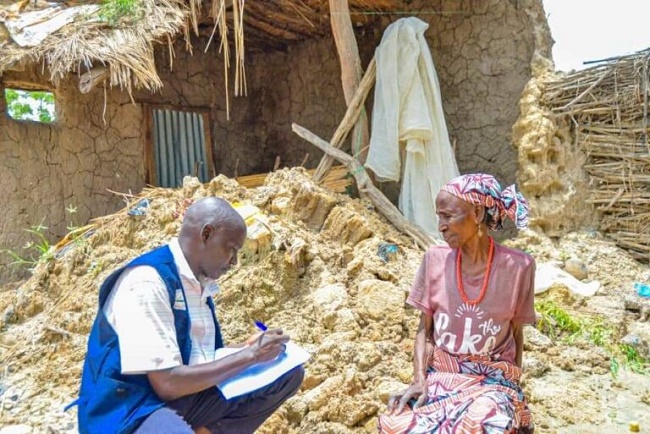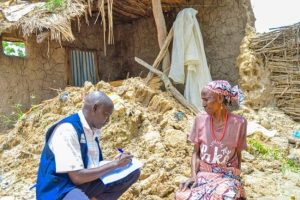Stakeholders have called for a unified action to secure scaled-up climate finance for Africa.
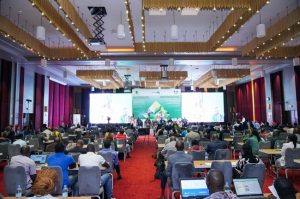
The stakeholders spoke at the 12th Conference on Climate Change and Development in Africa (CCDA-XII) in Abidjan, Côte d’Ivoire.
The conference served as a crucial platform for African leaders, policymakers, and experts to address the urgent climate challenges ahead of the upcoming COP29 in Baku, Azerbaijan.
The theme of the conference is, “Financing Climate Adaptation and Resilience in Africa”.
Côte d’Ivoire’s Minister of Environment, Jacques Konan, said that the theme resonates deeply as Africa continues to grapple with the disproportionate impact of climate change.
Konan said that this was despite it contributing less than four per cent of global greenhouse gas emissions.
“Combating climate change is the greatest challenge humanity has faced in the last century.
“There is need for adequate financing to support Africa’s adaptation efforts, which is critical to mitigating the continent’s vulnerability to climate-related impacts,” Konan said.
Hanan Morsy, Deputy Executive Secretary and Chief Economist at the United Nations Economic Commission for Africa (ECA), highlighted the ongoing shortfall in global climate finance.
“Despite the 2009 pledge of 100 billion dollars annually, only a fraction of the estimated 1.3 trillion dollars needed to support global climate resilience has been mobilised,” she said.
Morsy called for innovative financing mechanisms to avoid exacerbating Africa’s debt burden, suggesting that the African Continental Free Trade Area (AfCFTA) could be leveraged to channel investments into the efforts.
Josefa Sacko, Commissioner for Agriculture, Rural Development, Blue Economy, and Sustainable Environment at the African Union Commission, emphasised the immense financial requirements for Africa’s climate commitments.
According to Sacko, African countries will need approximately $3 trillion to fully implement their Nationally Determined Contributions (NDCs) by 2030.
She urged the continent to unite and speak with one voice at COP29, stressing the importance of securing grants over loans or debt, to finance impactful climate projects.
The African Development Bank’s (AfDB) Director of Climate Change and Green Growth, Anthony Nyong, stressed the need for recognition and compensation for Africa’s contributions to global mitigation efforts.
“Our priority must be fostering climate-resilient development while balancing adaptation with climate-informed investments.
“Achieving this goal hinges on securing adequate financing, technology transfer, and capacity building,” Nyong said.
The CCDA-XII aims to catalyse bold actions and commitments that will address Africa’s immediate climate challenges.
It is also meant to secure a prosperous and sustainable future for generations to come.
The conference, convened by a coalition of partnerships known as ClimDev-Africa, including the African Union Commission, the ECA, and the AfDB, is being hosted by the Government of Côte d’Ivoire.
By Muhyideen Jimoh

